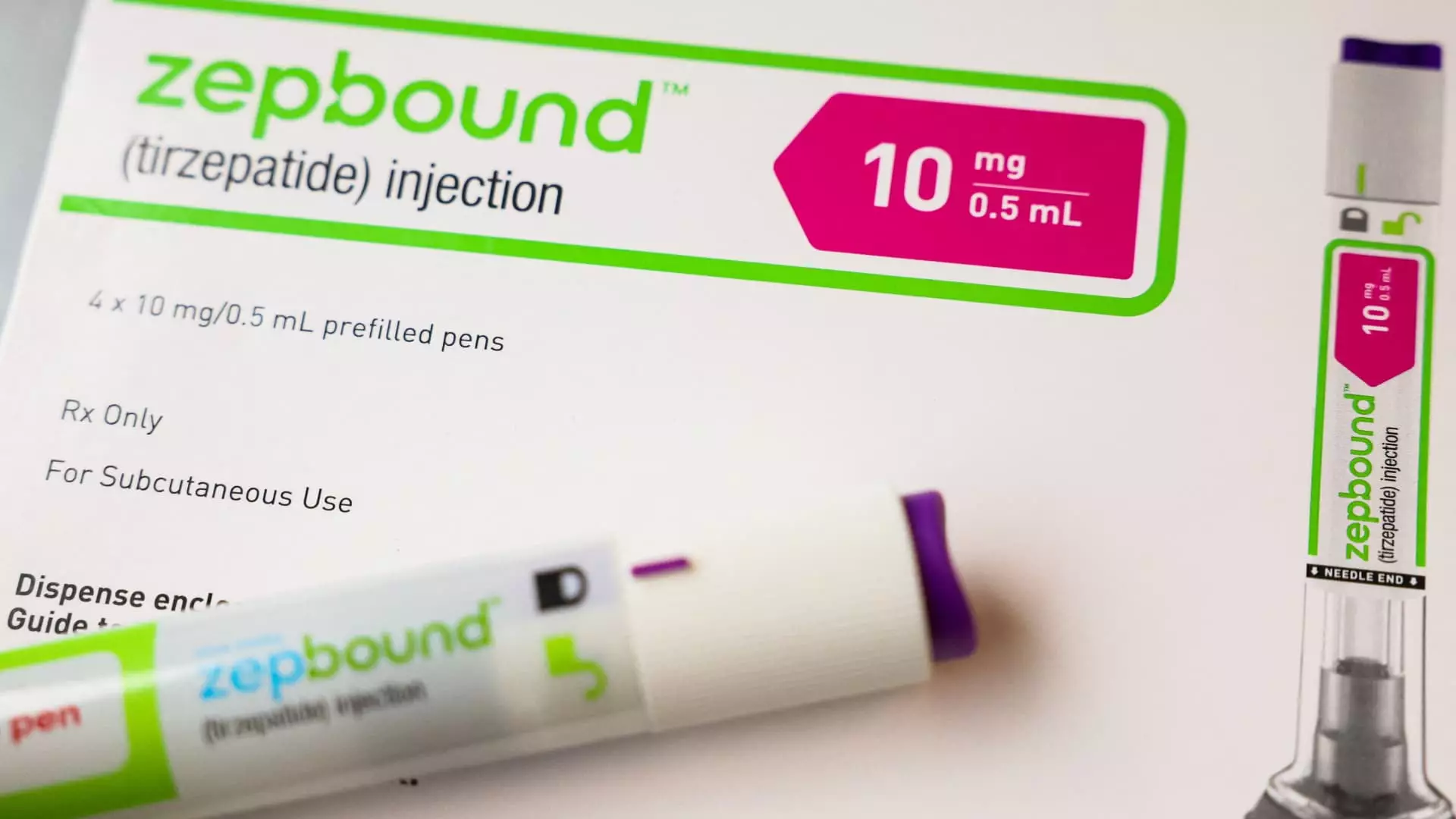In a groundbreaking move, Eli Lilly has made significant strides in the accessibility of its weight loss drug, Zepbound. On a recent Tuesday, the pharmaceutical giant announced the release of higher doses of Zepbound in single-dose vials at markedly reduced prices, aiming to alleviate the financial burden faced by individuals without insurance coverage for this high-demand medication. This initiative is particularly beneficial for patients on Medicare, who often struggle to afford essential healthcare services, including weight loss treatments. By reducing the cost of these medications and expanding their availability, Eli Lilly is setting a precedent for how pharmaceutical companies can respond to the needs of underserved populations.
Eli Lilly has introduced higher doses, specifically 7.5 milligrams and 10 milligrams, which are now available for $499 for patients filling their first prescription, with a refill price of $599 and $699, respectively. This pricing strategy not only undercuts the exorbitant costs of competing weight loss drugs but also positions Zepbound as a more feasible option for those willing to pay out of pocket. Furthermore, the company has adjusted the prices of its lower-dose vials, making it possible for patients to access medication that was previously hindered by financial limitations.
However, patients should be prepared for a more hands-on approach with these vials. Unlike the user-friendly autoinjector pens, which allow for straightforward self-injection, the vials require patients to use a syringe and needle. This shift in administration may pose a challenge for some individuals, especially those who are not accustomed to self-injecting. While this method complicates the process, it simultaneously opens the door for increased production capacity, as vials are easier to manufacture than autoinjectors, which are deflated by high production costs.
Eli Lilly’s push to lower prices and improve accessibility stems from a genuine concern for patients dealing with obesity—an issue often underfunded and overlooked by Medicare and some employer-sponsored health plans. Patrik Jonsson, president of Eli Lilly’s diabetes and obesity division, emphasized the urgency of providing affordable solutions, particularly for Medicare beneficiaries who are generally met with a lack of support when it comes to obesity treatment. This development speaks volumes about the necessity for healthcare reform that not only addresses chronic diseases but incorporates a patient-centric approach to drug affordability.
One notable aspect of Eli Lilly’s strategy is their effort to combat the rising trend of patients seeking cheaper alternatives through compounding pharmacies. Many have turned to these unregulated options due to the prohibitive cost of branded treatments like Zepbound. The FDA recently declared that the shortage of Zepbound was over, a decision that could limit the viability of compounded alternatives. Jonsson’s assertion that Eli Lilly is not in a price war with these compounders highlights a commitment to ensuring that patients receive safe, effective, and FDA-approved medications.
A significant innovation accompanying the launch of Zepbound vials is the establishment of LillyDirect, a direct-to-consumer platform where patients can purchase their medications online. This model serves as a bridge connecting patients to healthcare providers via independent telehealth partnerships, allowing eligibility assessments and prescriptions from the comfort of one’s home. The home-delivery option further enhances convenience, marking a shift toward seamless healthcare access in an increasingly digital world.
Transformed by this new model, LillyDirect already accounts for an encouraging percentage of new patients in the obesity treatment market. Jonsson noted that Zepbound prescriptions filled through LillyDirect represent a solid portion of the broader obesity treatment landscape, strengthening the relationship between Eli Lilly and its consumers.
Looking to the future, Eli Lilly’s endeavors underscore a broader conversation about the need for healthcare policies that prioritize comprehensive coverage for all chronic ailments, including obesity. As health leaders advocate for changes to Medicare that would encompass these vital medications, a shift from reactive to preventive healthcare could emerge. An ideal scenario would see obesity medications included under Medicare’s coverage, fundamentally altering the treatment landscape for patients.
Eli Lilly’s recent actions regarding Zepbound portray a transformative shift toward making weight loss treatments more accessible and affordable. As the company steps up efforts to support patients financially and seeks to improve the overall quality of care, it invites a reassessment of how healthcare solutions should adapt to better serve populations in need. With these changes, Eli Lilly leads the charge in a more equitable healthcare framework, which can ultimately benefit countless individuals seeking effective weight management strategies.

